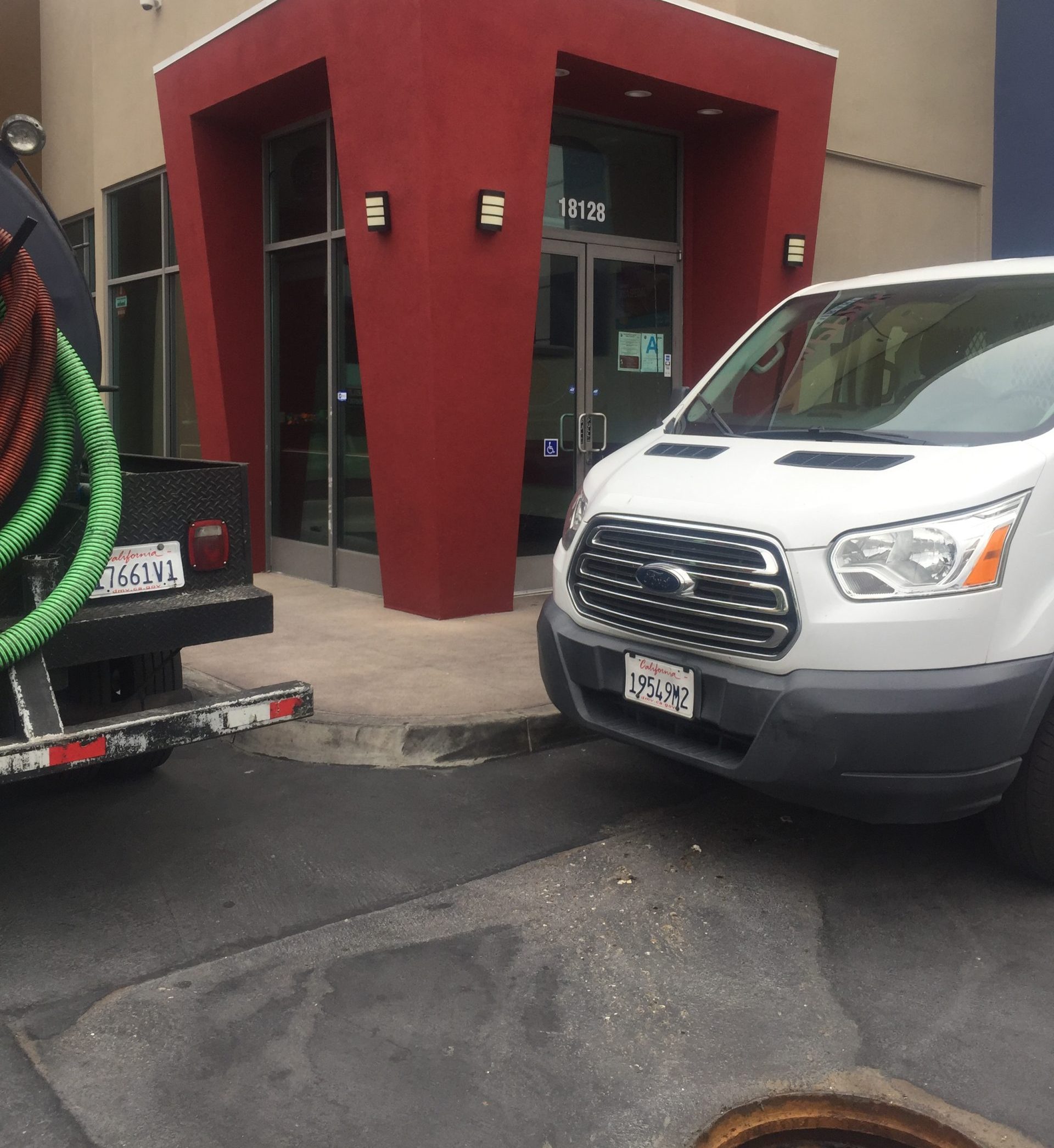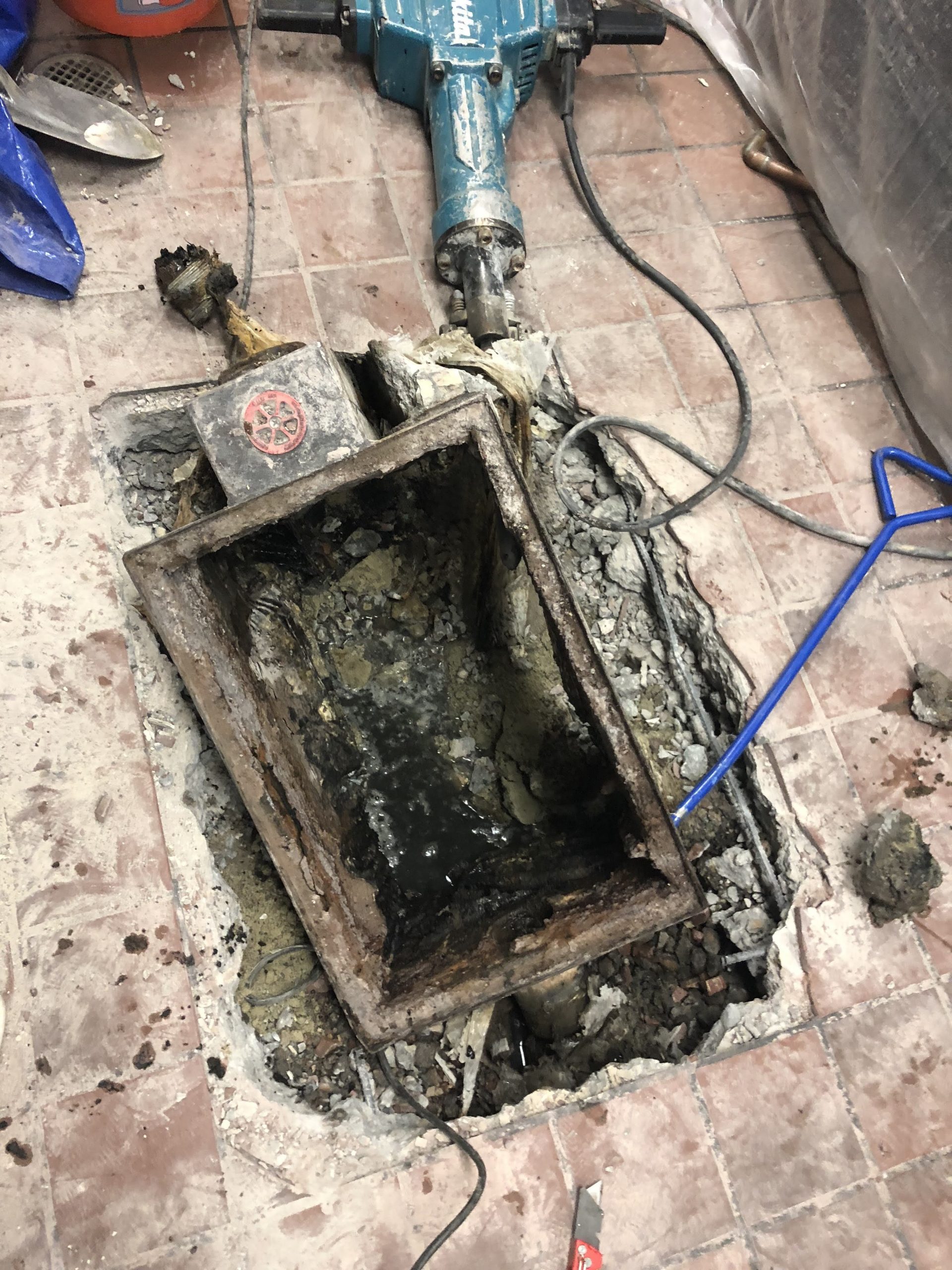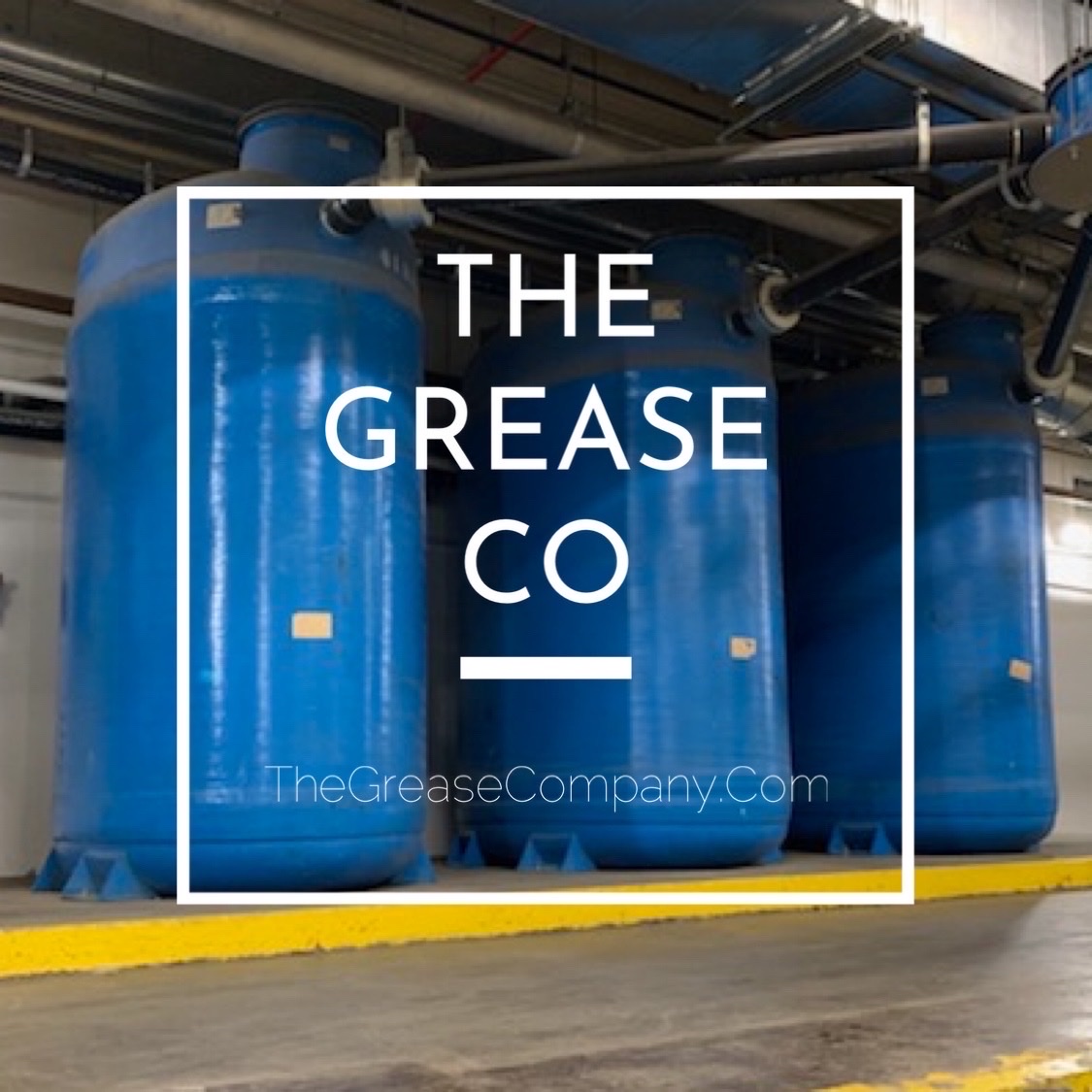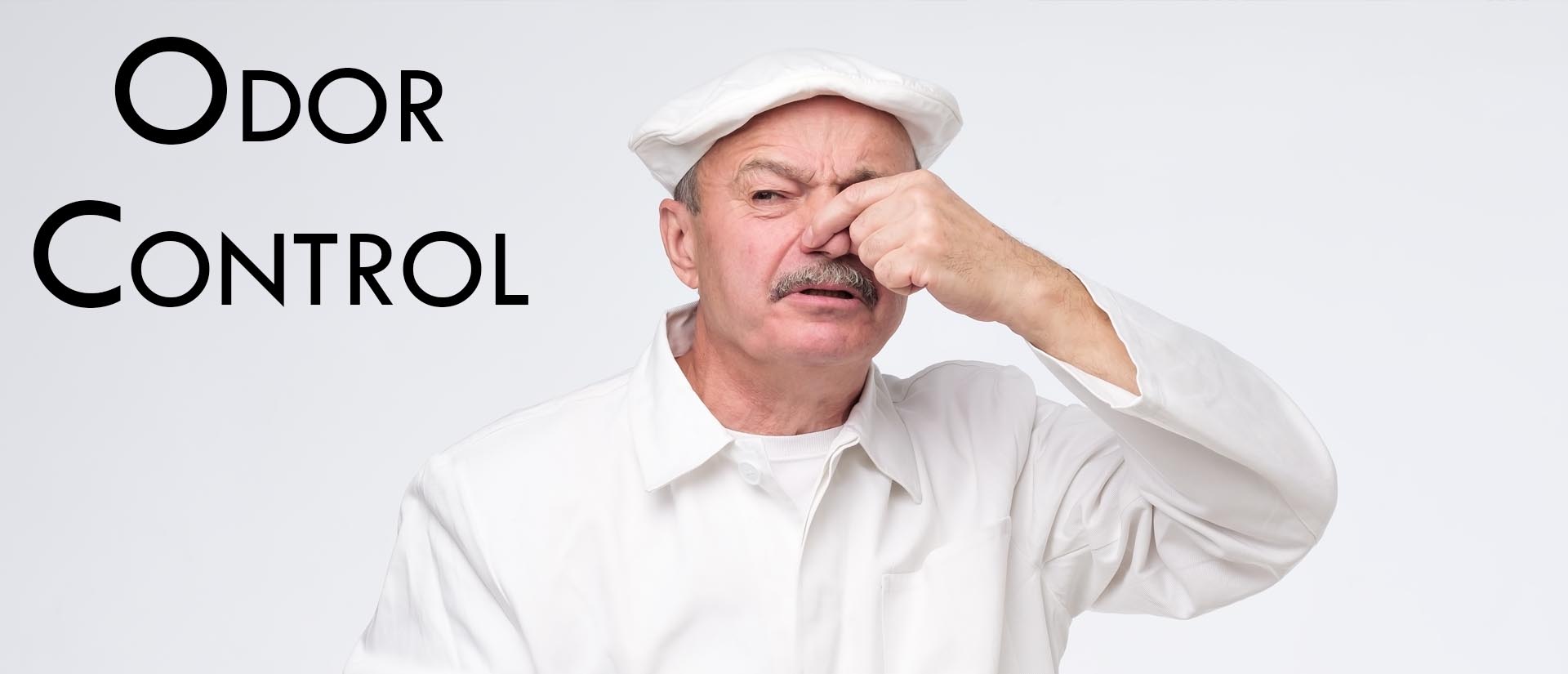Restaurant Plumbing – Hydro Jet & Rooter The kitchen is the most important room in a restaurant. It’s where all…
Year: 2021
Restaurant Expert Grease traps are a great way to protect your restaurant from being fined by the environmental authorities for…
Reasons Why Hydro Jetting Is The Best Way To Clean Plumbing Lines Many people are unfamiliar with the term ‘Hydro…
Grease trap is a major component of a commercial kitchen plumbing. Over time these units will fail needing for a change due to the corrosion. When the time comes that the grease trap is no longer able to hold on to its FOGS content causing major spillage, it is likely that the unit will need to be repaired of replaced.
Southern California Restaurant Grease Specialist.
Grease Trap and Grease Interceptor Overflow. How To Prevent Violation From City For Grease Traps & Cooking Oil Collection
Grease Trap & Grease Interceptor
#greasetrapodor #greaseinterceptorsmell #restaurantgreasetrap #odorcontrol #greasetrapsmell







